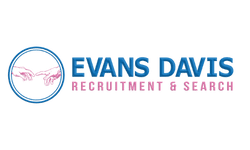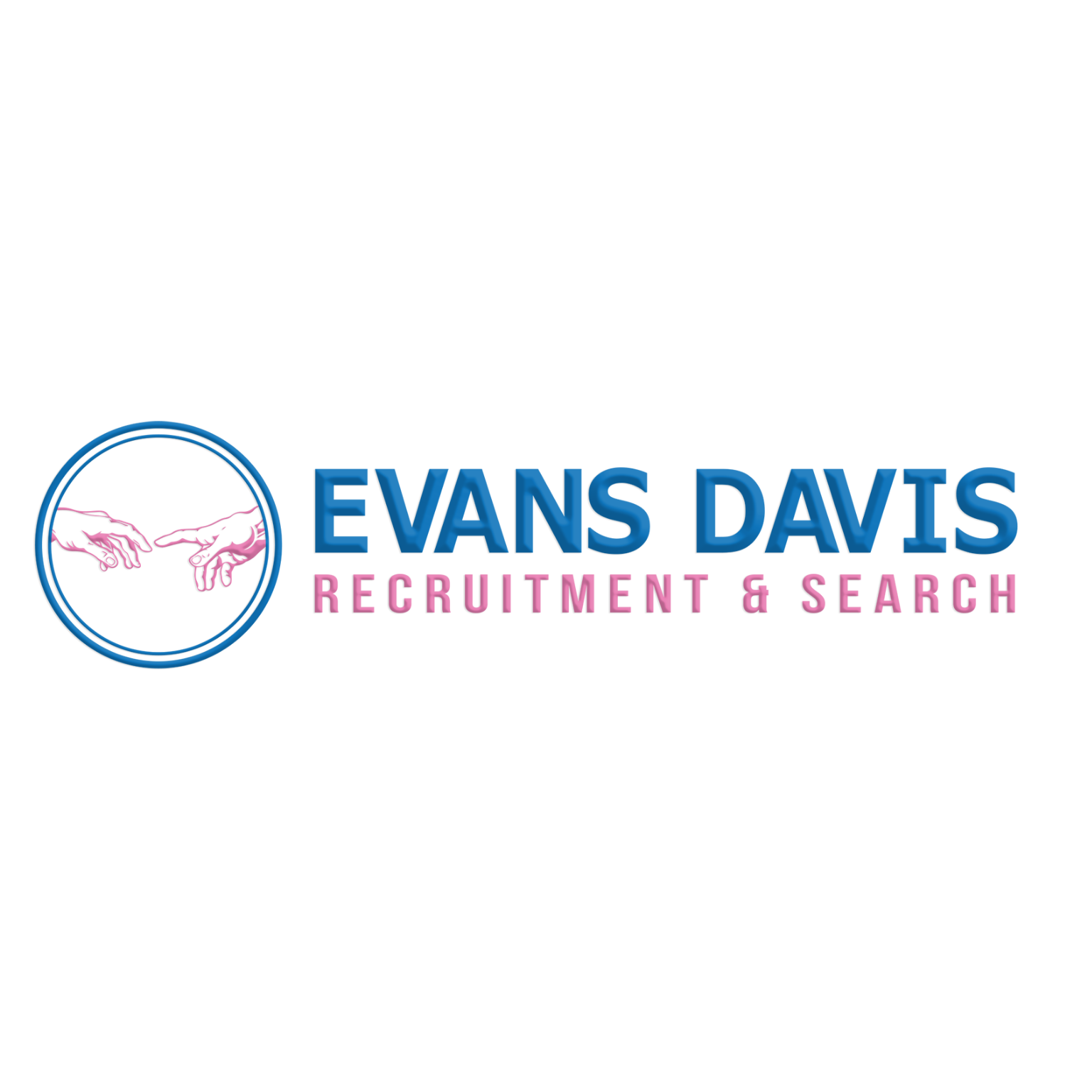As part of my role at Evans Davis, I attend several CA events. It includes the graduate certificate ceremonies, and, as a result, speaking with hundreds of people with 2-4 years of experience.
Invariably, the question gets asked what are the most important skills to develop, and when is the best time to move?
I’m only going to discuss business services; however, the following applies to most service lines.
Within business services, you should be assessing your current job on the following criteria:
- Size of clients;
- Staff management;
- Client management;
- Size of the firm;
- Systems;

Size of Clients
When it comes to your clients, size and the type of clients you are working on the matter for a few reasons, including:
- The complexity of accounting and tax issues;
- The type of stakeholders you need to influence;
- Exposure to advisory projects;
If you are working with clients with over $5M revenue with multiple entities, most firms will be happy to meet with you.
If the majority of clients you are working on have revenue under $2M, the belief is that you are not getting enough experience on the more complicated compliance matters.
Staff Management
Staff management experience is essential if you want to secure a Senior Accountant position or above.
If you have completed your CA and you aren’t getting some staff management experience, be it review of work or management of work flows, then moving into a Senior Accountant or Supervisor position is going to be challenging.
Client Management
Like staff management, to earn above a certain salary, the expectation is that you are going to be capable of managing client relationships.
There are several reasons for this, least of all how work flows to you.
For example, if your manager comes to you with a parcel of work, they have decided on what you are capable of doing. It is reactive.
Working directly with a client allows you to judge what you can do and take questions to your manager, allowing you to be proactive.
In addition to how work flows to you, the accounting industry is moving away from compliance and towards advisory.
Suppose you aren’t developing the softer skills of actually managing the relationship with a client or consulting with them. In that case, it will limit your ability to secure a Senior Accountant position or above.
Size of Firm
Junior candidates seem to be obsessed with the size of the firm they work for, and to a point, it does matter.
The reality is that there are a lot of excellent 3-5 partner firms with 15-30 staff, and there are lots of average ones.
Some larger (Top 20 Firms) might care a little. However, it is because they usually don’t know enough about the type of work those firms are doing.
If you are working at a smaller firm and getting all the other experience:
- Large clients,
- Advisory work;
- Managing staff and
- Managing clients;
Then the size of the firm you are working for is not so important.
In Closing
If you have 2-4 years of experience and are currently completing/have recently completed your CA, you will never be in higher demand than you are today.
Once you have 4 years + of experience, the expectation is that you have managed staff and client relationships and will be able to provide advice on complicated tax structures.
The longer you stay in a role where you are not getting staff and client management experience, the harder it is going to be for you to change firms in the future.
Follow Evans Davis Recruitment on LinkedIn to keep up to date with posts like these. If you are actively looking for your next job, check out our Candidate Resource Centre. It covers most things from CV writing to interview success guides.

